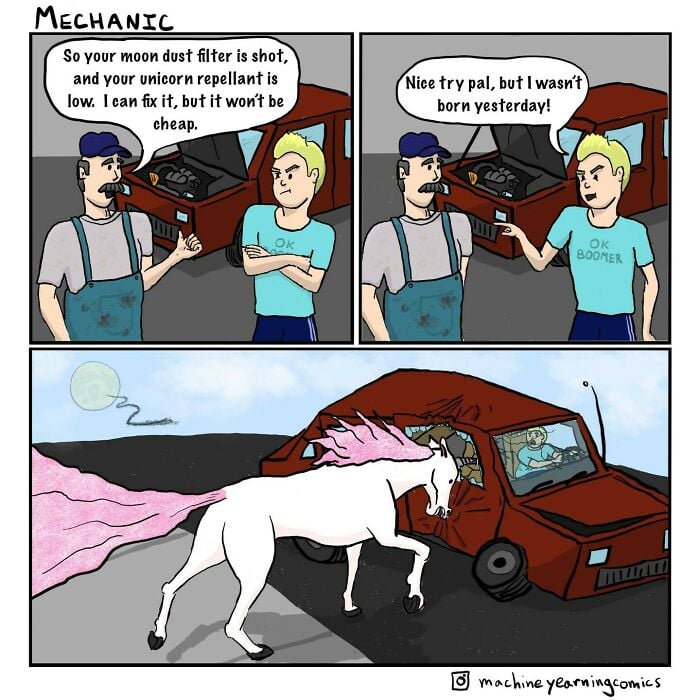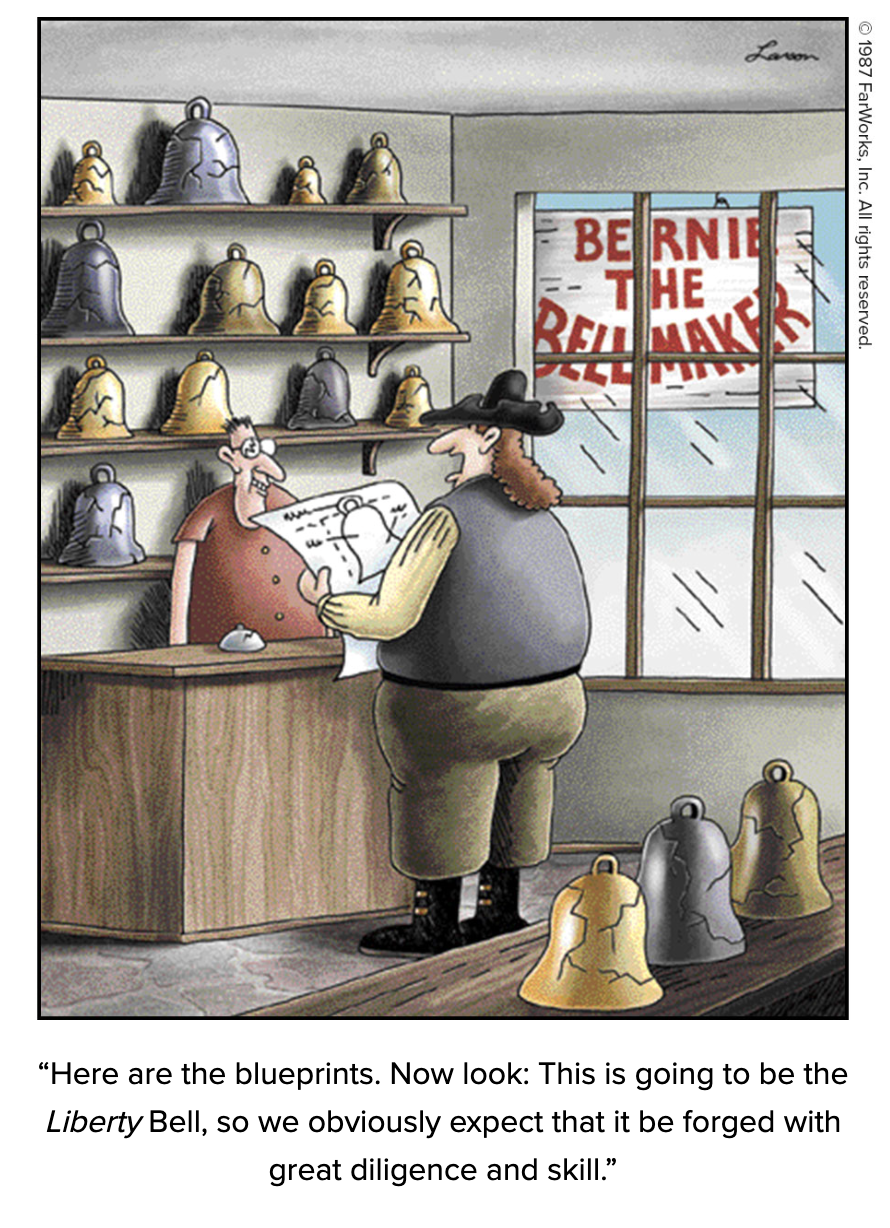January 27 2025,
First of all, I apologize for these next posts being a week late, my reasoning was I had three assignments due on January 31st plus a book report due on February, so I spent the entire week reading and doing work. Anyway lets get into it.
So Canadian history was fine, just the same old uninteresting to this community stuff. We went over the Greenway compromise, how the Boer war effected Canada (showed the split between English and French Canada), Bourassa is an interesting guy, the Alaska boundary of 1903 (I wonder how many Canadians are bitter about Alaska being American? To me, aesthetically it should be Canadian lol but not in a colonizer way), the 1911 election, and the National Service Act. It was okay I guess.
For French Revolution, because we didn’t finish the discussion on the 24th it was continued here. So we talked about Diderot’s entry in the Encyclopedia about Natural Law. We also went over Jean-Jacques Rousseau. I do wonder how people here feel about Rousseau. I Initially encountered him in my modern political history class (I did not make posts about it as it was during semester 4 which was in the spring/summer which means it was accelerated and too difficult to keep up with) where I thought he was a huge bummer. From what I can remember he lamented about how the modern, civilized, man was weak and shitty compared to the “noble savage.” He was really big on reason corrupting humans and it makes us ripe for exploitation. Modern society makes us a salve to material needs and others’ opinions (he was pissed about other philosophes in the Salons being too nice and respectable when faced with opposition). I do find interest in some of the things he says, mainly about modern society and exploitation, but I obviously think he goes about it the wrong way. He believes humans are naturally independent (if thats wrong then take it up with my professors lol) and I do not think thats true at all. Anyway, he had major mommy issues.
My next class is East Asian Politics and we are now in our Japan unit. This day actually got a bit intense. Before class started the same student that lamented about Tiananmen Square seems to be super into Japan. How do I know this? He did not like the piece we had to read for class because it lacked certain details (the piece compared Japanese fascism to German/Italian versions but he claimed that the Germans/Italians had a bottom up form of fascism while the Japanese had top-down). This is fine in principle, lord knows I have felt the same about my lectures in other classes, but when this comes alongside disdain for China? Yeah, it gives me bad vibes. I hope you all understand what I am talking about. The way I write about this, his comments sound innocent, and they honestly probably were but he seems super invested. Later in the class my professor seemed to get frustrated as well so I don’t think I am going crazy.
So let’s get into the class content. We briefly went over the key features of Japan, the biggest one worth mentioning is that their 1947 constitution is the longest and most unbroken Emperor genealogy. I guess they are proud of that fact. We talked about the Ritsuryo state and how Nippon emerged in the early 6th century, completed around the 8th century. The Tang dynasty emerges in the 7th century and Kyoto would try to imitate it (like centralization). There was a decline during the closed door era, in this period conscription was no longer necessary and was now decentralized. We also went over the Shogunate, which were second rank officers who conquered east Japan. Bed on my notes it seems the Heian period is where we see the rise of the Samurai with the privatization of the military. When Christians made it to Japan, I guess they were super judgemental over the lack of heroism within samurai so the Japanese came up with boshido. Tokugawa unified Japan after Korea loss (I think this was a war with China over the Korean peninsula), Christians were forced to convert to Buddhism (which is such a twist for me as I am used to Christians forcing others to convert), and there was an era of peace.
Around 1852 the US essentially forced Japan to open up. If I recall correctly, Japan “let” itself get occupied by Europeans and Americans because they were scared about falling like the Chinese did (opium wars). Anyway, Japan was super “behind” so some foreign advisor (I believe he was American) said that when he went there it felt like he travelled 400 years to the past. In 1902 Japan makes an equal treaty with the UK, and in 1905 Japan wins the war over Manchuria against Russia and is seen as powerful by the West. We then went over the Meiji restoration, which was kind of a revolutionary process but not really.
Meiji just stands for “enlightened rule” and it was all about maintaining rule, not revolutionizing it. The Japanese favoured restoration over revolution. Wakon Yosai was a thing, where the Japanese used Western technology to develop. This is when Japan really started to try and emulate the west as much as possible including elements of imperialism. This is where things got intense because as he was talking about the American subjugation of the Indigenous people, Japan did the same regarding Korea. He showed us an example with US money and Japanese. On the old US dollars there were printed images of Christians conquering the Indigenous “savages,” the Japanese did the same on their own bank notes showing themselves conquering the Koreans. Yes he used that word but it was in a way to show the backwardness and horror of this situation. Is tone got louder and very passionate. It makes sense as he himself is Korean.
When class ended the student who was complaining about the reading went and talked to my professor about how he felt the piece was not good. From what I could gather my professor was not pleased. I was waiting or him outside his office and when he arrived he did not seem happy. I have to wonder if that student ticked him off. When we sat down I asked him a few questions. My first was if we were going to explore Japanese war crimes during WWII, like unit 731, Nanjing, and “comfort” women. He told me that he would mention the Criminal court in one of our lectures and may cover Nanjing briefly (around 7000 raped and 200000 civilians killed). Because this is a political science course we have to focus on structure reasons. During WWII, there were no stand-out figures in the court like in Germany.
I then asked him if we were going to talk about Japan’s restriction on certain information as I was under the impression that they avoid any acknowledgment of their WWII crimes and that makes China very (rightfully) angry, and maybe Korea too. He nodded along and said that the contemporary Japanese population has no idea about the horrors Japan inflicted on Asia. It is rarely talked about at all and the bombing really turned the perpetrator into a victim. They do not believe themselves to be on the wrong side. Taiwan is the only neighbour that does not hate Japan. I told him that I was unsure about South Korea because of the current government. He told me that the SK conservatives are friendly towards Japan but the people are not, the Opposition party is not unfriendly but they aren’t super chill either. I then asked him about Taiwan because I heard that the first leader (or something like that) was Japanese himself or saw Taiwan as Japanese. He told me that when the Nationalists massacred the Taiwanese (I am assuming the indigenous), the first president was born in Japan and saw Japan as a teacher. He then told me about how Indonesia and (I think) the Philippines were welcoming to the Japanese at first because they thought the “Asia for Asians” slogan included them, but soon realized that only the Japanese were.
My final question was about Japanese media and how it has been used to rebrand Japan in a cutesy way, also the amount of nationalism that is in Japanese pop culture (like anime). I related this to how he said that when we get to South Korea he is going to talk about K-pop as a means of politics. He was kind of unsure about this but did say that during the 80s and 90s Japanese pop culture was on the rise in South Korea, but it also had an emotional element to it due to what happened in WWII. Both Japan and South Korea were able to export their culture quite well while China had failed to do so. There is also a lot of top-down nationalism in Japan so that might contribute to i being present in anime. With that he said that there is a collective culture around the emperor. That prompted me to ask about him because I never hear about him, unlike the British, and wondered if he was important enough or if anyone cared. Did they see the value in getting rid of the emperor at all? He said there is no anti-monarch movement in Japan, its collectiveness and traditions probably wont remove the emperor this century (yes, CENTURY). They see the emperor as too ceremonial to dispose of.
Before I left he mentioned cartoons again and said that in Japan they used to be quite innovative and physically militant (radiant movement, student movements, etc.). Nowadays not so much but they are still popular. He then talked about two movies, 7 Samurai and Rashimon. The latter was seen as super innovative as it showed multiple different perspectives of the same event (the murder of a man and the rape of his wife). He asked if I had seen either movie but I said no, but I do recall watching an old samurai film in my Japanese class once but I couldn’t remember the name. Now I do, it was Yojimbo.
I went home afterwards. I hope he understood that I was not going to be a student that idolized Japan, and that even if I like some of the media (I can say this about every country we will discuss, to be honest) since I grew up with it I will not brush the horrors under the rug. I take them seriously. I also realized that this uni could be a sore spot for him so I tried my best to show that I was chill, although I am sure he knows.






